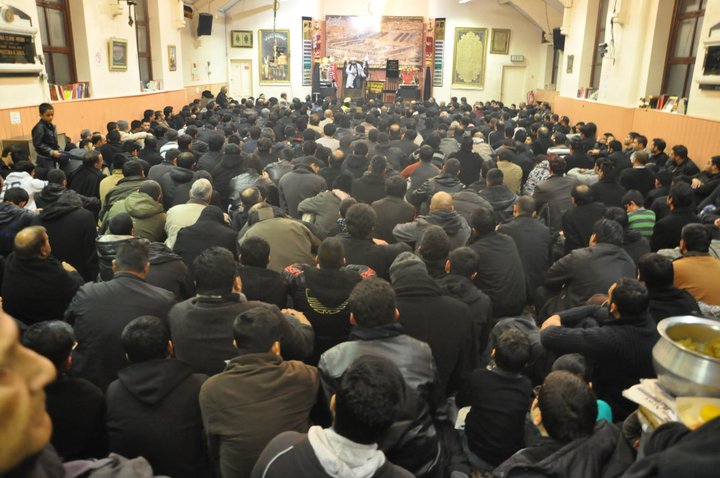 Islamic Sharia law is on the rise in Great Britain as members of the UK parliament are seeking to ban self-established Muslim courts in the nation.
Islamic Sharia law is on the rise in Great Britain as members of the UK parliament are seeking to ban self-established Muslim courts in the nation.
There are approximately 85 Sharia tribunals throughout Great Britain, all of which are run by Islamic judges who rule according to the Koran. There are no appeals following judgment and sentencing.
Sharia courts have been in existence in the country for some time, but in 1996, the passage of the Arbitration Act was seen by Muslims as being a doorway to enforcing Sharia law within British law. Now, some of the cities that have the greatest Muslim concentration, such as London, Birmingham, Manchester and Bradford, also possess an Islamic court. The Tower Hamlets area is especially stated to be the seat of Sharia rule.
“If people are afraid of having their hands cut, don’t steal,” UK Islamic leader Anjem Choduary told reporters. “If you don’t want to be stoned to death, don’t commit adultery.”
Others state that homosexuals have been publicly beaten in the streets for violating Sharia law, and women have been threatened for not covering themselves with a Burqa.
Some tribunals are not courts at all. It is stated that rulings are sometimes issued at area mosques, especially as they relate to domestic issues, such as family disputes.
As a result of the prevalence of these courts, the Arbitration and Mediation Services Bill is now pending in the UK parliament, which seeks to put an end to Sharia tribunals, especially in England and Wales. Continuing to operate as a legitimate court could result in criminal penalties.
According to Baroness Cox, a Third World campaigner in the country who introduced the measure, a number of women have lodged complaints about the enforcement of Sharia law in the land. She recently debated the matter on the parliament floor.
“I feel betrayed by Britain. I came to this country to get away from all this, but the situation is worse here than in my country of origin,” she relayed one woman as stating.
Sarah Duckworth, a British attorney said that Sharia courts have become quite popular in recent years.
“[T]he Equality Bill will uphold and protect vulnerable Muslim women and children and it is right to ensure them the safety net that the English family court provides,” she explained. “This legislation is sorely needed.”
Baronness Udin disagreed. She stated that the passage of the law would equate to “another assault on Muslims.”
Likewise, Sheikh al-Haddad also opposed the ban. He told reporters that he believes that many are using the courts because “Muslims are becoming more aligned with their faith and more aware of what we are offering them.”
“If you ban us, then British Muslims will find somewhere else to go,” al-Haddad said. “We are not forcing people to walk through our doors. They are voluntarily coming to us.”
However, others have additional concerns about the matter apart from the enforcement of Sharia law. Lord Kalms told the UK Telegraph that the cases that many Islamic tribunals are handling should first be investigated by police, which is not happening.
“To my knowledge, none of these cases has ever received police attention or investigation, and this is a scandal for which the police, among other authorities, must be held responsible,” he said.
Alan Craig, formerly with the Christian People’s Alliance Party, said that he has seen the courts in action himself and can testify to their existence.
“We went into some proceedings and there were a couple of Islamic judges sitting up above the rest,” he explained. “And there was one Muslim woman who was suing for divorce.”
He told reporters that his main concern is, like Cox, for the women in the country, who state that they are living in fear.
“What we’re trying to do is say, Muslim women, especially in this country, need to be informed,” Craig said. “They actually have other rights and our view, better rights, under English law.”
Become a Christian News Network Supporter...


